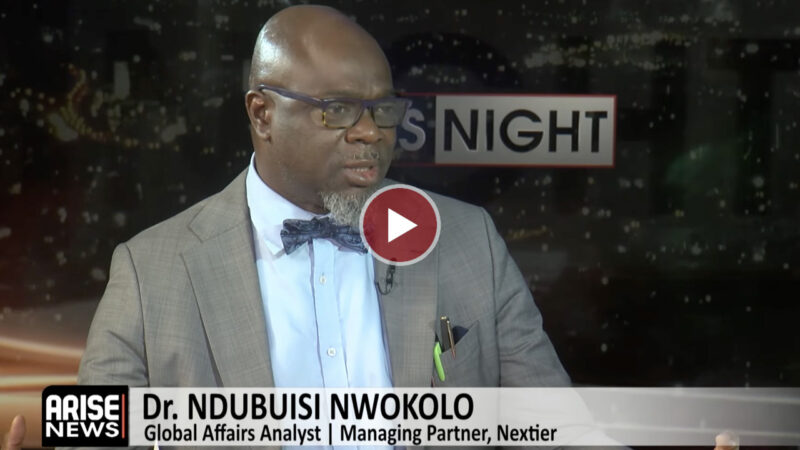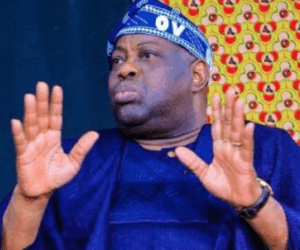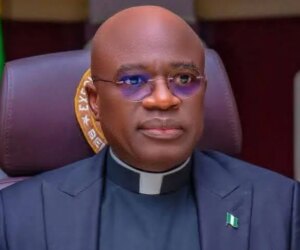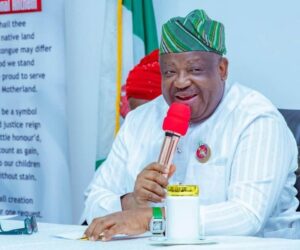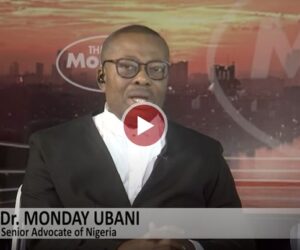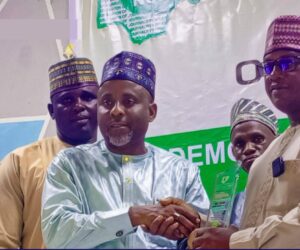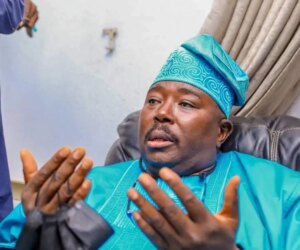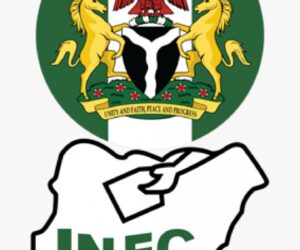
Global Affairs Analyst and Managing Partner at Nextier, Dr. Ndubuisi Nwokolo, has warned that democracy in Africa is steadily receding because regional and continental institutions have failed to uphold constitutional integrity and check “civilian coups.”
Speaking on ARISE News on Tuesday, Nwokolo said that the African Union (AU) and regional blocs such as ECOWAS have become ineffective, allowing leaders to manipulate constitutions and extend their rule indefinitely.
“If we look at our regional blocs like the AU and ECOWAS, the question is: are they doing what they should be doing? The answer is no,” he said. “Most of these institutions are designed in a way that gives heads of state too much power over their own oversight processes. So when elections are rigged or manipulated, who will check them?”
He noted that many African leaders have turned democracy into what he described as “civilian coups,” where constitutions are amended to eliminate opposition and ensure continued rule.
“Elections in many of these countries no longer reflect the will of the people. Before the polls, some leaders go through their national assemblies to ban credible opponents or change the laws to become sole candidates,” Nwokolo said. “We’ve seen this in Rwanda, Uganda, and Equatorial Guinea. It’s becoming the new normal.”
He warned that these constitutional manipulations erode the essence of democracy, arguing that holding elections alone does not make a country democratic.
“We are mistaking elections for democracy,” he stated. “Countries like Cameroon and Ivory Coast keep going to the polls, but the same people keep emerging. Democracy isn’t just about the ritual of voting—it’s about accountability, transparency, and the rule of law.”
According to him, even the African Peer Review Mechanism (APRM) introduced in 2003 to promote good governance and democracy has failed because participation is voluntary.
“The peer review mechanism is not mandatory. Even when reports are written, a president can simply ignore them and nothing happens,” he said. “So, most of these continental instruments are hollow and lack enforcement.”
When asked whether the surge of military coups in the Sahel could be justified as a response to failed civilian governments, Nwokolo said the failures of democratic institutions have made it difficult to argue against military interventions.
“Civilians are not making it easy to defend democracy,” he remarked. “When you have presidents changing constitutions to extend their stay in power, it becomes hard to argue that democracy is better. But we must still insist that democracy, with all its flaws, remains the better system.”
Nwokolo cautioned that the warning signs of authoritarian drift are already visible in several African countries, including the tendency toward one-party dominance.
“We’re seeing a move towards one-partyism in some places, and that’s dangerous,” he warned. “When one party dominates, it becomes easy to change the constitution to favour a sitting president. We need strong, credible opposition to keep leaders in check.”
He added that age or longevity in office is not the problem, but the manipulation of institutions to perpetuate power.
“I’m not against having an older president if the process is fair,” he said. “If a 90-year-old wins a free and fair election, that’s democracy. But when you change the constitution just to stay in power, that’s dictatorship.”
Turning to Cameroon, where protests have followed disputed presidential elections, Nwokolo said the unrest reflects more than post-election frustration—it could mark the beginning of a political shift.
“Cameroon’s population is young, and many citizens have never known another president. What we’re seeing could be the start of a new political awakening across Africa,” he concluded.
Boluwatife Enome
Follow us on:

